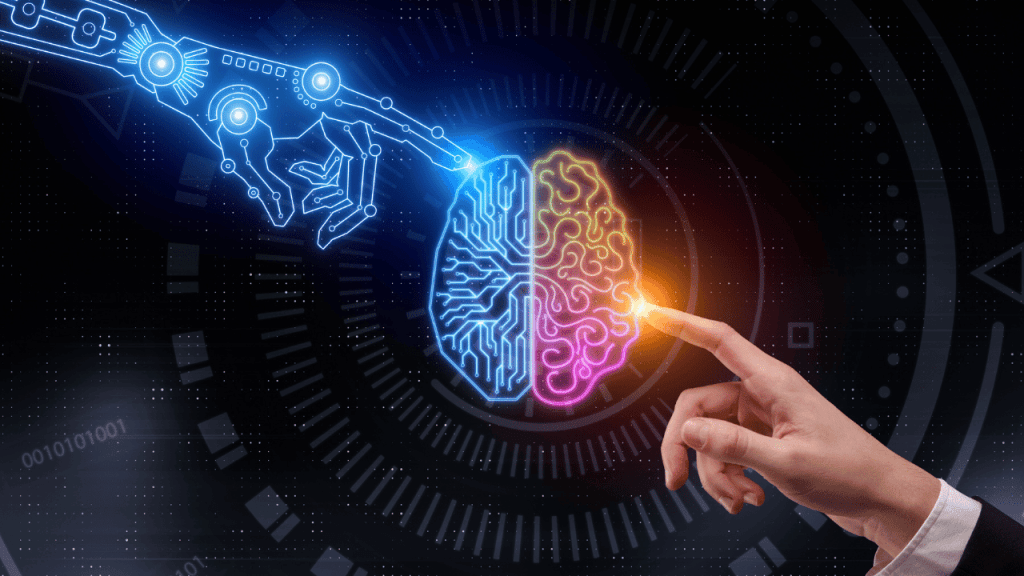The Future of Artificial Intelligence in Everyday Life (Advanced Level)

Artificial Intelligence (AI) is no longer a futuristic concept—it is already integrated into our daily lives. From voice assistants to recommendation algorithms, AI is shaping the way we interact with technology. But what does the future hold for AI? Let’s explore how AI is expected to evolve and impact different areas of society. 1. AI in Communication and Personal Assistants Virtual assistants like Siri, Alexa, and Google Assistant have already changed how we perform simple tasks. They help us set reminders, send messages, and control smart home devices. In the future, AI is expected to become even more context-aware, understanding not just what we say, but also the emotions behind our words. 📌 Example: “Future AI assistants may detect a user’s mood and adjust their responses accordingly.” 2. AI and the Workforce Automation has already replaced some jobs, particularly in manufacturing and logistics. However, AI is also creating new opportunities in fields like data science, cybersecurity, and AI ethics. While some fear widespread job displacement, many experts believe AI will complement human workers rather than replace them entirely. 📌 Example: “AI is expected to revolutionize industries by automating repetitive tasks and enhancing human decision-making.” 3. AI in Healthcare One of the most promising applications of AI is in medicine. AI-driven systems can detect diseases earlier than human doctors, personalize treatments, and even assist in complex surgeries. Machine learning models are being used to analyze medical images, predict outbreaks, and develop new drugs faster. 📌 Example: “AI has the potential to improve healthcare by providing faster and more accurate diagnoses.” 4. Ethical Concerns and AI Regulation With AI’s rapid development, ethical concerns are growing. Issues like bias in algorithms, privacy violations, and job displacement must be addressed. Governments and organizations are working on AI regulations to ensure transparency and accountability in AI decision-making. 📌 Example: “AI regulation is essential to prevent biased decision-making and protect user privacy.” 5. The Future: Superintelligence or Collaboration? Some experts predict that AI will reach a level of superintelligence, surpassing human cognitive abilities. Others believe AI will always remain a tool to assist humans rather than replace them. The key to a balanced future is ensuring that AI is developed ethically and aligned with human values. 📌 Example: “The future of AI depends on how society manages its development and ethical implications.” Vocabulary Section 🔹 Context-aware – Able to understand the situation or environment it is in.🔹 Job displacement – The replacement of human workers by machines or automation.🔹 Cybersecurity – The practice of protecting systems, networks, and data from cyber threats.🔹 Transparency – The quality of being open and clear about how decisions are made.🔹 Superintelligence – A level of AI that surpasses human intelligence in all aspects. This article was written at an advanced level to challenge your reading and comprehension skills. Would you like to try a more complex text at a fluent level next? 🚀